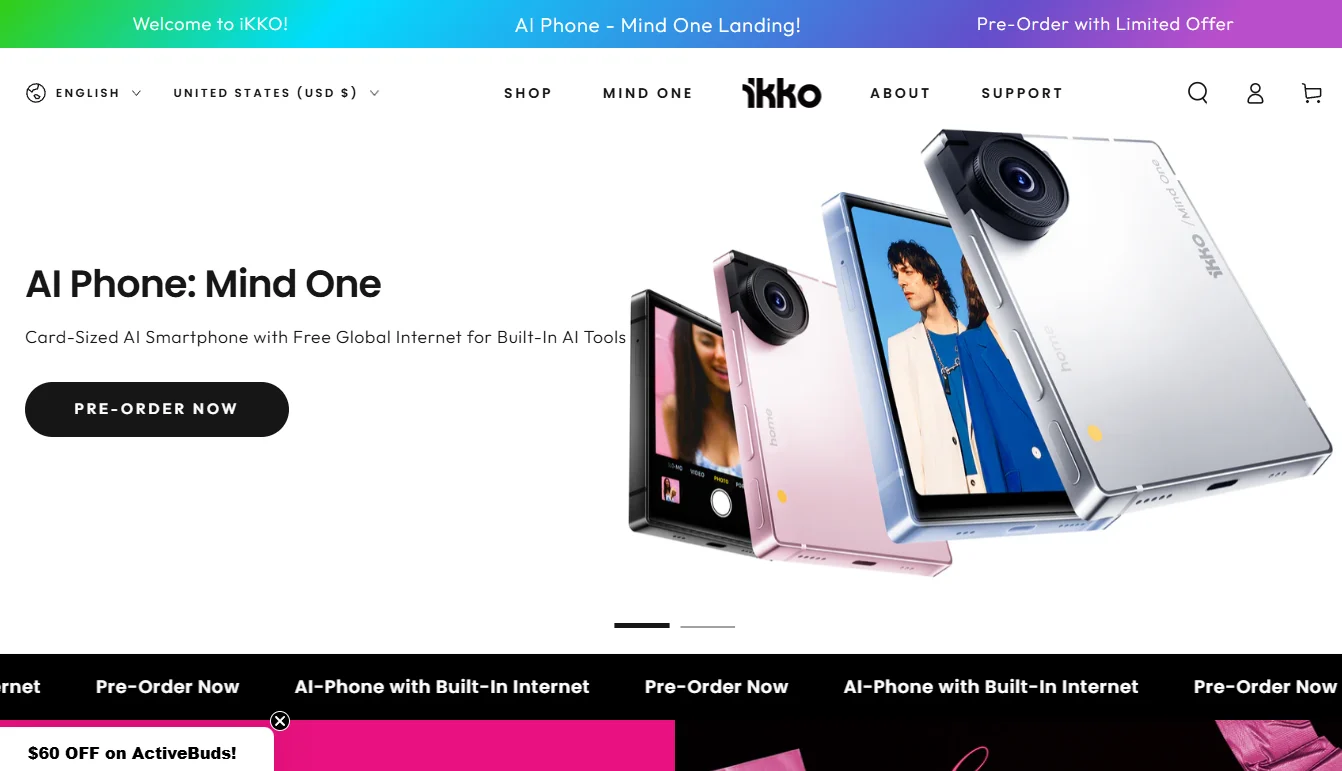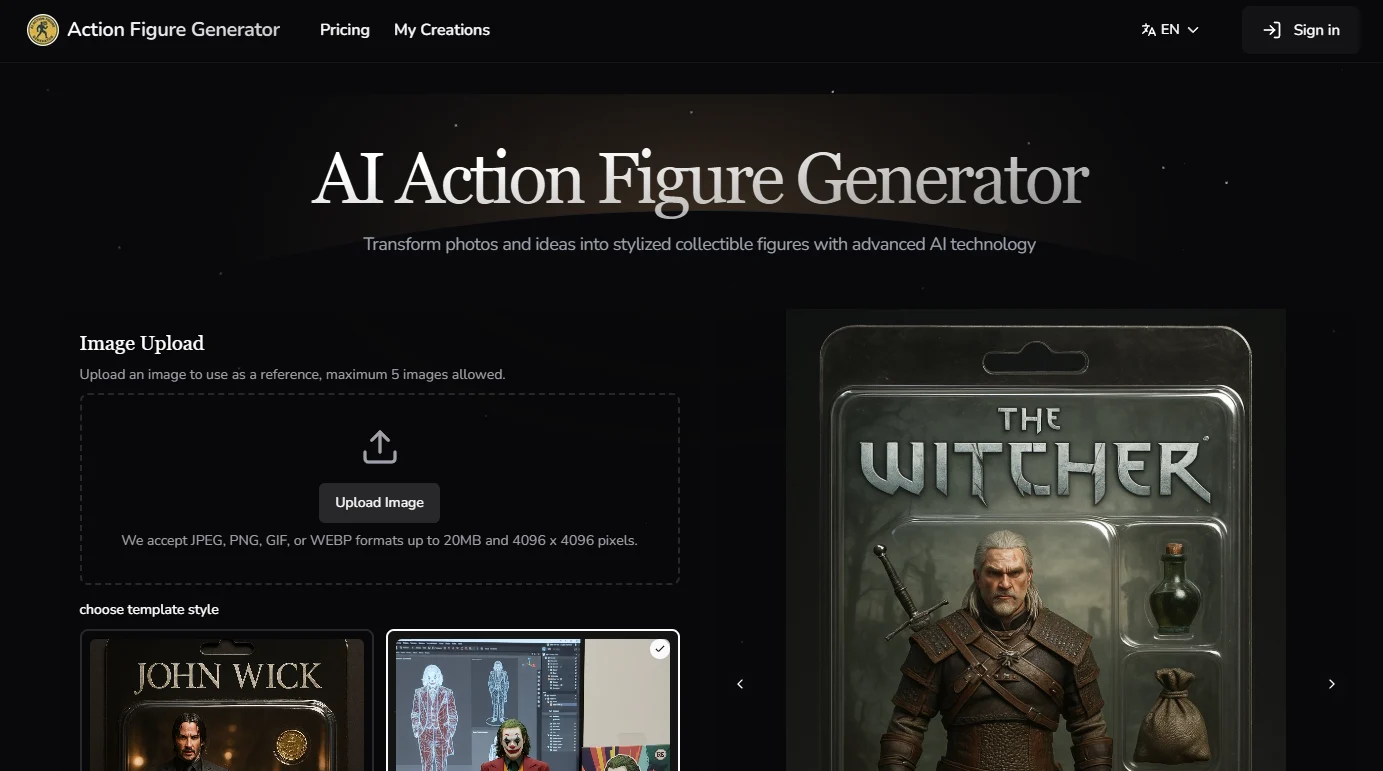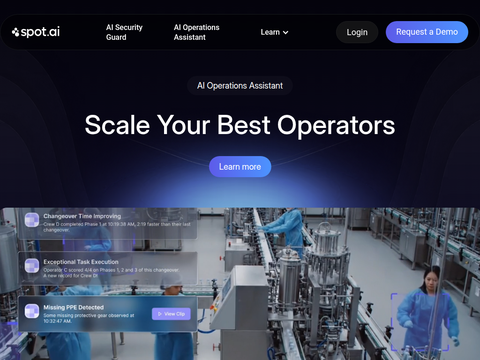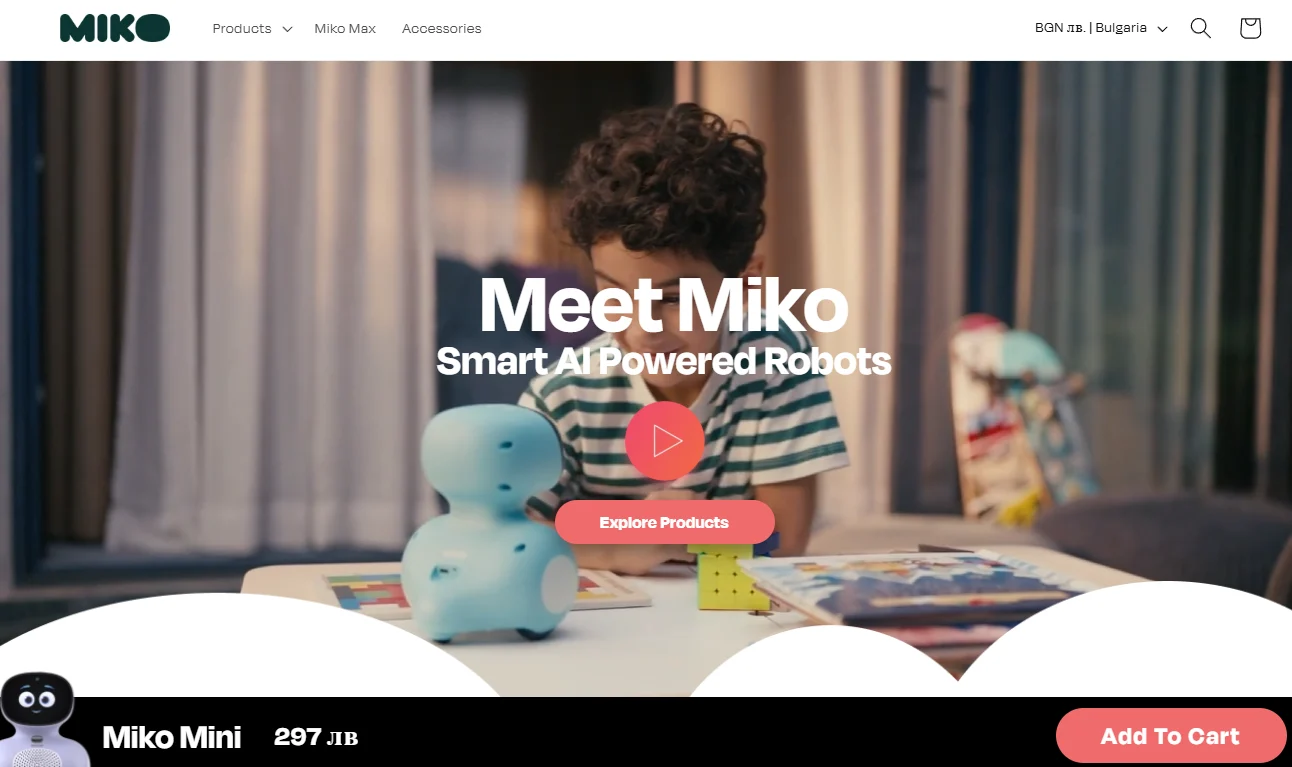Elon Musk's AI startup xAI plans to build its own supercomputer.
According to reports, the tech giant plans to launch this project as early as next year, which will run the next generation of xAI's chatbot Grok. The report cited an investor presentation as the source of the news.
Musk has publicly stated that xAI will require up to 100,000 dedicated semiconductors to train and operate the next generation of Grok, and plans to build a "gigafactory of computing power" to accommodate these chips.
According to reports, this device will be connected to Nvidia's flagship H100 graphics processing unit (GPU), and once operational, its scale will be at least four times larger than the largest existing GPU cluster. The report also revealed that xAI may collaborate with Oracle on the supercomputer project.
This news comes a few days after reports of xAI receiving new funding support. This new funding brings xAI's financing round close to $6 billion and pushes the company's valuation to $18 billion.
Musk told investors that xAI can compete with companies like OpenAI, Anthropic, and Google by combining data, technology, and business from his other companies (including Twitter/X, Tesla, and Starlink).
xAI launched Grok in November last year, which is an AI assistant similar to ChatGPT, with an impressive 314 billion parameters (compared to OpenAI's GPT-3 model with 175 billion parameters).
In March this year, xAI announced the open sourcing of the Grok project, which is considered to potentially drive the democratization of AI technology and promote innovation in commercial applications.
"Open-source models may intensify competition and potentially reduce costs for companies that want to leverage AI technology in their operations," said Richard Gardner, CEO of technology consulting firm Modulus, in an interview with PYMNTS. "As foundational models become more easily accessible, competition may shift towards the quality of data used to train these models and the expertise in applying these models to solve specific business problems."
He also added that open-source AI supports faster innovation and higher transparency compared to proprietary models developed by large tech companies.
"Open-source supports freedom of speech and reduces the potential for censorship by large tech companies," Gardner said, noting that it also makes AI more accessible to small and startup companies that may not have the resources to build models from scratch.
Other major tech releases promised by Musk in the coming months include his plan to turn X into a super app for payments by the end of this year, as well as Tesla's self-driving taxi. He stated in April that this self-driving taxi will be launched in August.








